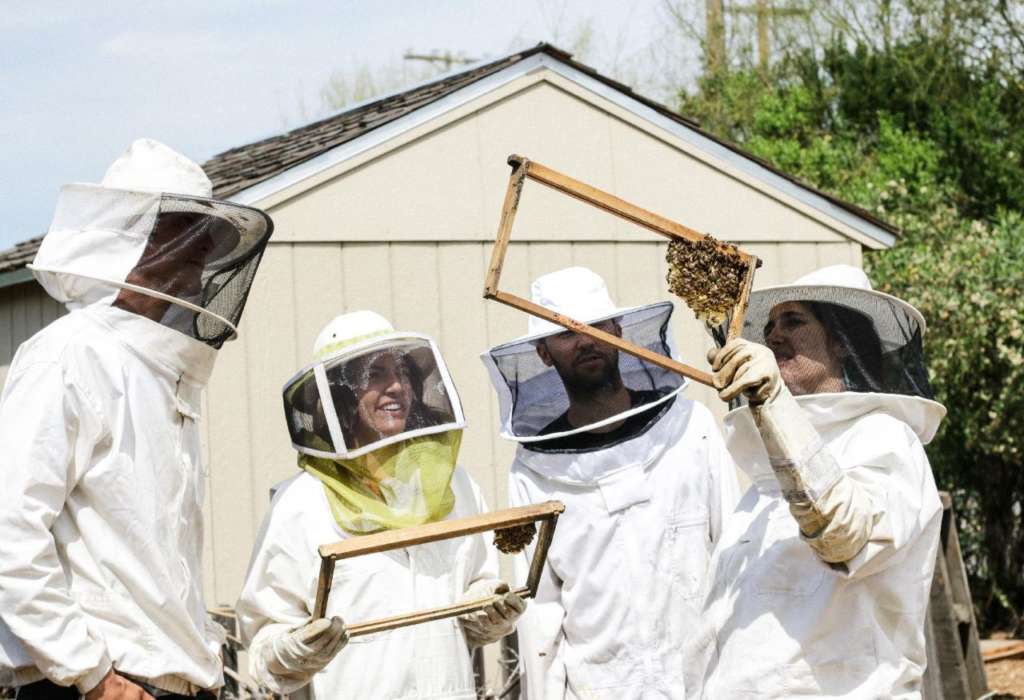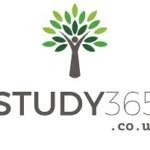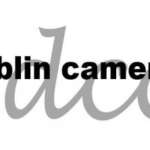The best way to learn about beekeeping is by doing a beekeeping course. A beekeeping course is a great hobby to have. Although, if this is something you want to do for a living as opposed to for a hobby, a beekeeping course will provide you with everything you need to know to become a beekeeper. The good news is there are plenty of beekeeping courses currently available. In addition, they offer good flexibility for those of us leading such busy lives. Beekeeping courses come in part-time options.
What Is Beekeeping?
Beekeeping, in simple terms, is the human activity of maintaining honey bees. A beekeeper or sometimes known as an apiarist, is someone who keeps honey bees for the ultimate purpose of collecting their honey and other products that are produced by the hive such as beeswax, propolis and royal jelly, or to pollinate crops, or to produce bees for sale to other beekeepers. Beekeeping can be done using stinging or stingless bees.
About Honey Bees
Honey bees are insects that live in colonies and are led by the queen bee. The insects can sometimes be very dangerous particularly when they are provoked as they can inflict harsh stings. This is why it is vital to take proper precautions when dealing with them. Honey bees produce their own food called honey that they usually feed on in times of inclement weather conditions not favourable for them to go out of the hive. Honey is a very precious commodity loved by so many people across the globe due to its great taste and also because of its medicinal properties.
A History of Beekeeping
Beekeeping is an old practice with depictions of it found in artifacts and art from 10,000 years ago. Early beekeepers of that age utilised pottery vessels to house honey bee colonies. They developed on to making simple hives and smoke in beekeeping. Later, the story of honey in jars came about.
In the 18th Century, Europeans took an interest in beekeeping. They studied the biology and lifestyle of honey bees with the intent to understand honey bee colony organisation. Improved understanding led to the discovery and exploitation of bee space. It gave rise to movable frames in bee hives and the artificial bee hives commonly used in beekeeping to date.
Throughout history, beekeeping has been practiced using log hives, top bar hives, pottery vessels, skeps, Warré and Langstroth bee hive. The most popular to date are the Warré, Langstroth and Top Bar hives.
What Will I Learn?
You can expect to learn the basics of a bee nest in terms of the construction – is it Warré system, Delon system or Japanese system? In addition, you will explore how to preserve the hive, starting from scratch in terms of where to buy, management and managing the increase in terms of requeening, winter store, varroa, shook swarm and split. Also, you will learn about tools, bait hives and how to use them, driving bees with sound and smoke and honey harvest in terms of gravity, press and melting the pressed cake. You will also learn about wax and how to melt it, propolis and how to use it to varnish for the hive, pollen and about mead and honey cake from the melting of pressed cake.
If you’re serious about doing a beekeeping course, check out courses near you in the Nightcourses.ie national course finder.







